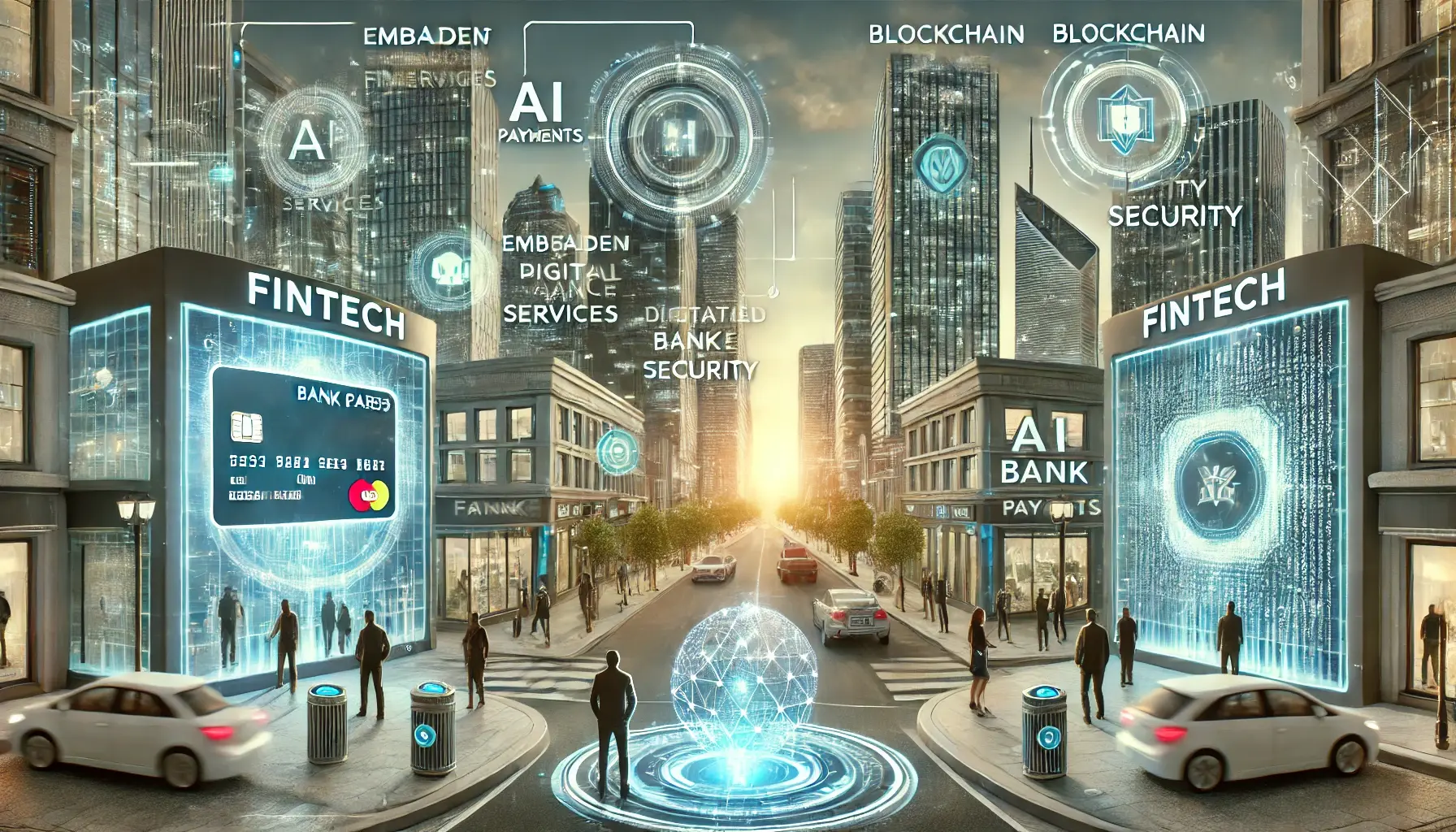How digital wallets, AI, and blockchain are revolutionizing finance in 2025, making money management faster, safer, and more accessible.
The year 2025 is proving to be a turning point in the way people interact with money. Digital wallets, artificial intelligence, and blockchain technology are no longer futuristic ideas—they are part of everyday life. These innovations are transforming the financial system, changing how people save, spend, invest, and plan for their future.
One of the biggest changes is the rise of digital wallets. Traditional cash transactions and even plastic cards are being replaced by mobile payment systems. Today, millions of people prefer to use their smartphones or wearable devices for transactions. Whether it’s paying for groceries, transferring money to family, or investing in stocks, digital wallets make the process instant and convenient. Tech companies, banks, and even governments are integrating these wallets with digital ID systems, creating an all-in-one financial hub.
The security of digital wallets has also improved significantly. Advanced encryption, biometric authentication, and fraud detection powered by AI ensure that users can safely manage money online. With these features, consumers feel more confident leaving behind traditional banking methods in favor of digital alternatives.
Artificial intelligence (AI) is another major force reshaping finance. In 2025, AI is widely used in personal money management, investment advice, and fraud prevention. AI-powered apps analyze spending habits, suggest savings plans, and automatically allocate funds toward investments. Robo-advisors use complex algorithms to create personalized portfolios, helping people of all income levels invest like professionals.
Banks and financial institutions are also relying on AI to detect fraudulent transactions in real time. Machine learning models analyze millions of data points to spot unusual activity, protecting consumers and reducing financial crimes. For everyday users, this means safer banking and faster responses to suspicious activity.

Blockchain and digital currencies are also playing a bigger role. While cryptocurrencies remain volatile, central banks in many countries have launched digital versions of their national currencies. These Central Bank Digital Currencies (CBDCs) offer a secure, government-backed alternative to private digital coins. People can now store and spend digital dollars, euros, or rupees directly from their smartphones, without needing a physical bank branch.
The combination of AI and blockchain is even changing the way companies raise money and manage investments. Smart contracts allow automatic, transparent transactions without middlemen, lowering costs and speeding up processes. For investors, this opens opportunities to take part in projects and markets that were once difficult to access.
Another trend is the gamification of personal finance. Apps now use rewards, challenges, and point systems to encourage better money habits. For example, saving regularly or paying off debt may earn users small rewards or discounts, making financial discipline more engaging. Younger generations, especially Gen Z, are responding positively to this approach, as it blends entertainment with practical money management.
Digital wallets are also making cross-border payments easier and cheaper. Traditionally, sending money internationally involved high fees and long delays. Now, with blockchain-based payment systems and AI-driven verification, global transfers happen in seconds. This innovation benefits freelancers, global businesses, and families who send money abroad.
At the same time, these advancements bring new challenges. Cybersecurity threats are constantly evolving, and while AI improves safety, hackers are also becoming more sophisticated. Regulators are working to ensure that digital wallets and AI-based financial tools meet strict standards of transparency and security. Balancing innovation with protection will be one of the biggest challenges for the financial world in the coming years.
For individuals, adapting to these technologies is essential. Learning how digital wallets work, understanding the basics of AI-driven finance, and keeping up with security practices can make money management easier and more efficient. Those who embrace these tools will find themselves with more control over their finances and better opportunities to build wealth.
In 2025, the partnership between money and technology is stronger than ever. From AI-powered investment advice to digital wallets that simplify everyday spending, technology is making finance smarter, faster, and more inclusive. The future of money is not only digital—it’s intelligent.










